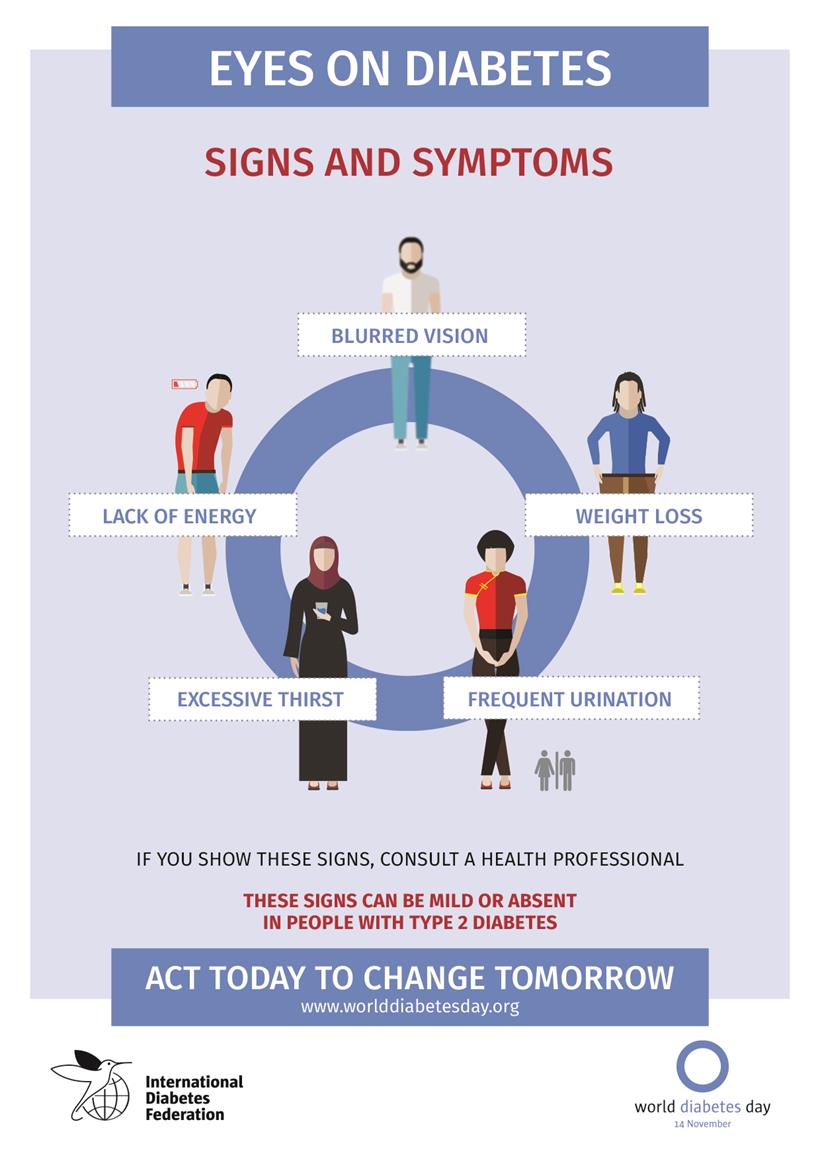
November is Diabetes Awareness Month, an opportune time to remind everyone about the importance of early and frequent screening for diabetes as well as other common diseases and medical conditions. For First Nations and Aboriginal people, screening is especially important; we have higher rates of disease due to the drastic lifestyle changes that have occurred over the past 130 years. For example, as a whole, First Nations in BC have a 40 percent higher rate of diabetes than that of the general population. (Of course, rates differ from community to community.)
As a physician, I am well aware of the serious complications and consequences of untreated diabetes, so I urge each of you to get screened frequently. It is important for your long-term health that you keep updated on the status of your health and maintain control of it, even though you may not be experiencing symptoms. This is because one in two diabetics worldwide don’t recognize the symptoms and go undiagnosed. Frequent health screening enables you to detect diseases or medical conditions early, giving you the opportunity to seek treatment and care, and to make healthy changes that will benefit you now and in the future.
As the Chief Medical Officer of the First Nations Health Authority, I want the best possible health for our people and I want each of us to be in the driver’s seat of our own health and wellness. Getting frequent screening and prioritizing personal health planning will help us all accomplish this. I encourage every First Nations and Aboriginal person to develop and follow a holistic health plan for your long-term health and wellness, and to understand risks you may have that could develop into future medical conditions – whether it be family history, environmental risks, associated medical risks or lifestyle risks. Frequent screening will also enable you to monitor your health and wellness by providing a record of results over time.
While there isn’t yet a cure for diabetes, there are many things you can do to prevent it or seriously reduce its impact on your life. Prevent or manage diabetes by eating a healthy diet, being physically active, taking medicines if prescribed, maintaining a healthy weight and BMI, and keeping health care appointments to stay on track. Please see our website for more information about how you can get or stay healthy and well.
In addition to getting screened frequently, know there is much more that is within your control. It's a balancing act, really — nutritious meals, regular activity, medicine, and blood sugar levels — but such is life, and YOU CAN DO IT!
Yours in Wellness,
 Dr. Evan AdamsChief Medical Officer, FNHA
Dr. Evan AdamsChief Medical Officer, FNHA
A few facts about diabetes:
The risk of death for adults with diabetes is 50% higher than for adults without diabetes.
There are three main types: type 1, type 2, and gestational diabetes (diabetes while pregnant, which can put the pregnancy and baby at risk and lead to type 2 diabetes later). With type 1 diabetes, your body can't make insulin (a hormone that regulates blood sugar), so you need to take it every day. Type 1 diabetes is less common than type 2 diabetes; about 5% of the people who have diabetes have type 1. Currently, no one knows how to prevent type 1 diabetes. Most people with diabetes—9 out of 10—have type 2 diabetes. With type 2 diabetes, your body doesn't use insulin well and is unable to keep blood sugar at normal levels.
People with type 1 or type 2 diabetes are at higher risk for serious health complications, including:
• Heart disease and stroke: People with diabetes are twice as likely to have heart disease or a stroke as people without diabetes, and at an earlier age.
• Blindness and eye problems: Diabetic retinopathy (damage to blood vessels in the retina), cataract (clouding of the lens), and glaucoma (increase in fluid pressure in the eye) can all result in vision loss.
• Kidney disease: High blood sugar levels can damage the kidneys over time, long before you start to feel bad.
• Amputations: You could lose a foot or leg if diabetes causes damage to blood vessels and nerves and/or leads to serious infections.

